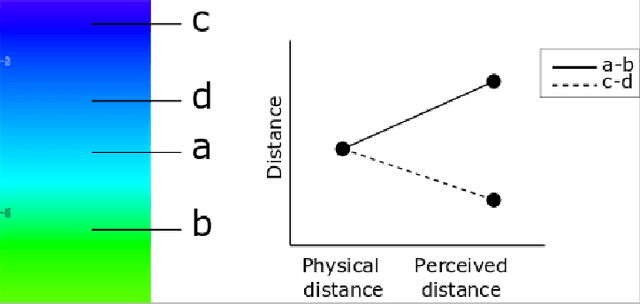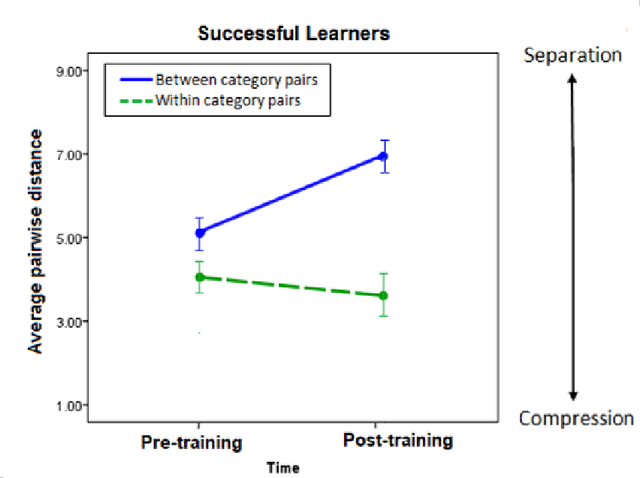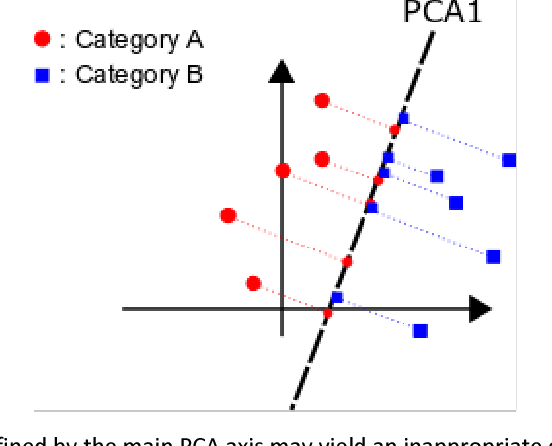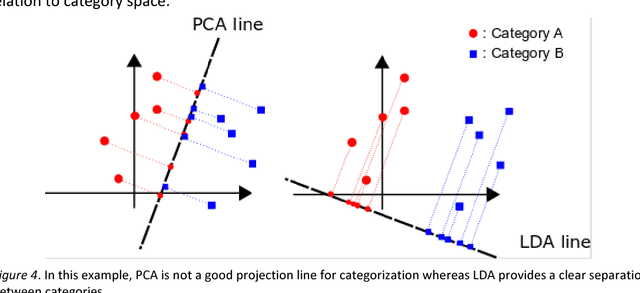Learning-induced categorical perception in a neural network model
Paper and Code
May 11, 2018



In human cognition, the expansion of perceived between-category distances and compression of within-category distances is known as categorical perception (CP). There are several hypotheses about the causes of CP (e.g., language, learning, evolution) but no functional model. Whether CP is essential to categorisation or simply a by-product of it is not yet clear, but evidence is accumulating that CP can be induced by category learning. We provide a model for learning-induced CP as expansion and compression of distances in hidden-unit space in neural nets. Basic conditions from which the current model predicts CP are described, and clues as to how these conditions might generalize to more complex kinds of categorization begin to emerge.
* 20 pages, 16 figures, 26 references
 Add to Chrome
Add to Chrome Add to Firefox
Add to Firefox Add to Edge
Add to Edge